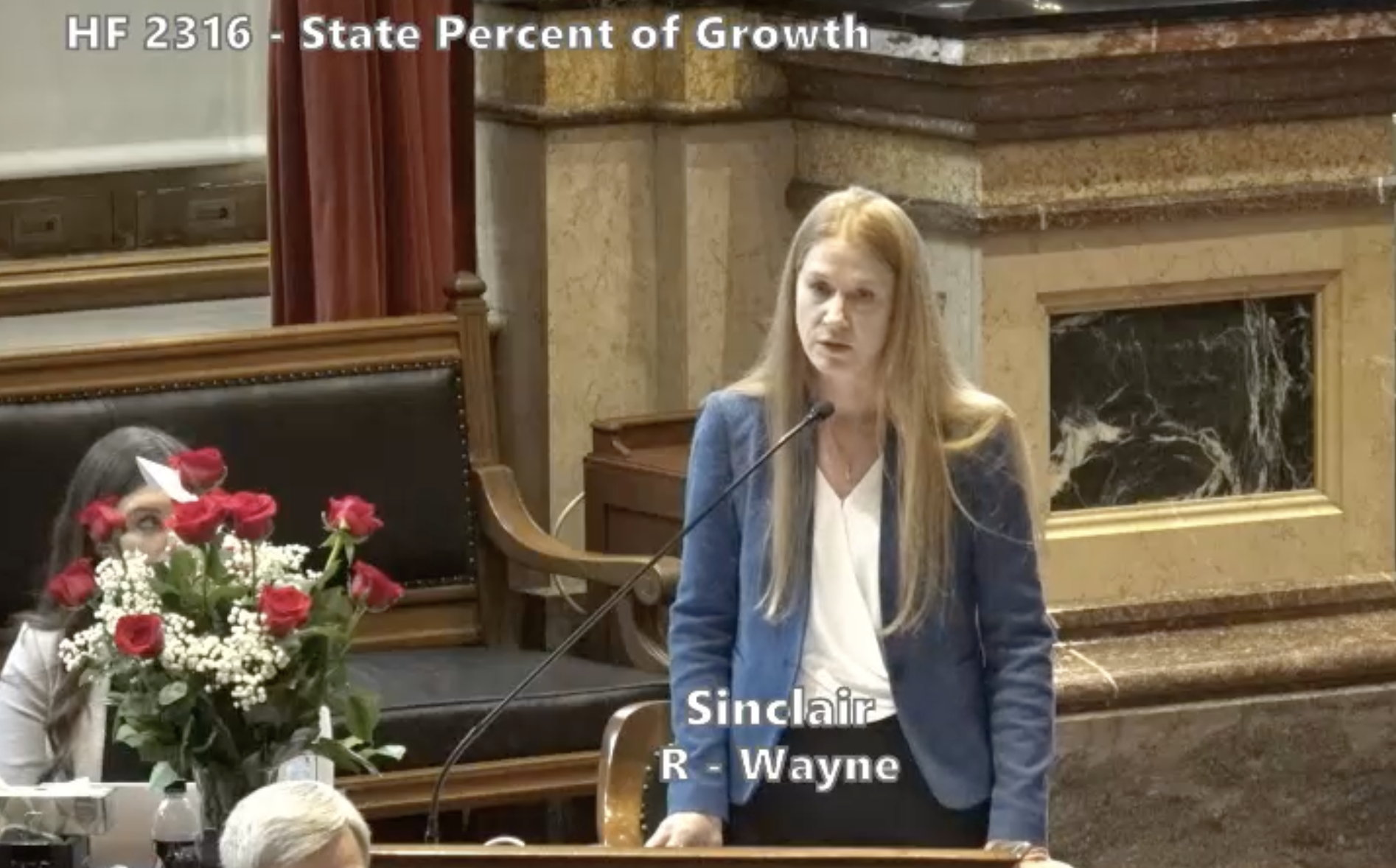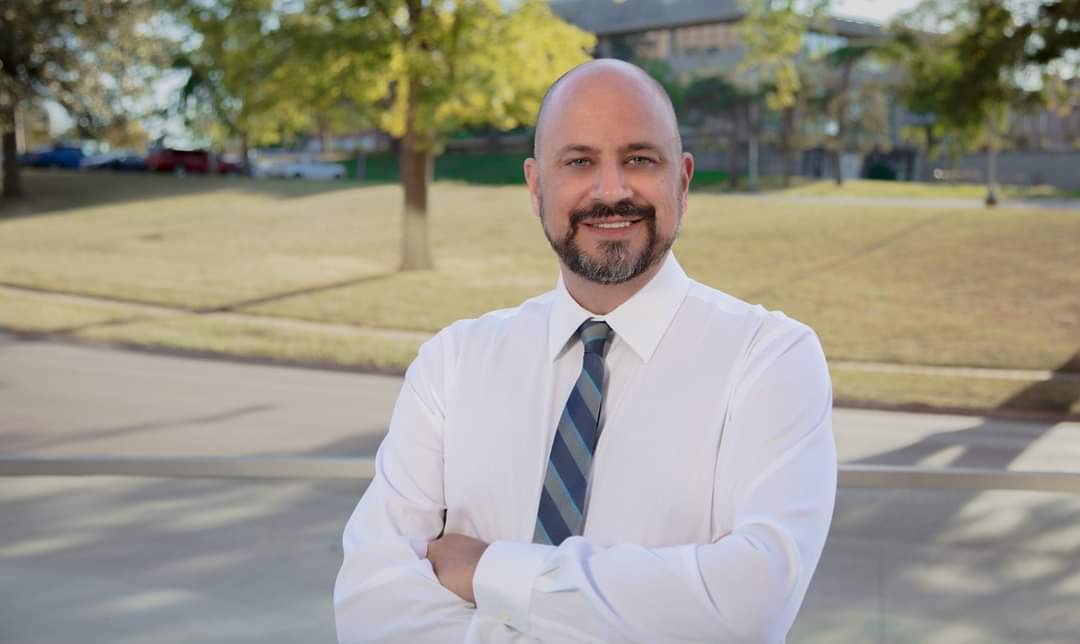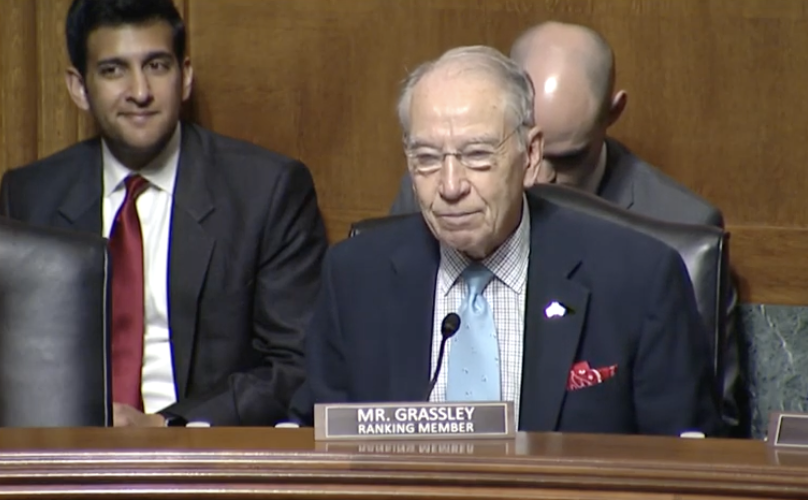Kurt Meyer writes a weekly column for the Nora Springs – Rockford Register, where this essay first appeared. He serves as chair of the executive committee (the equivalent of board chair) of Americans for Democratic Action, America’s most experienced liberal organization.
I have a longstanding appreciation for words and their power, probably not surprising coming from someone who scratches out a weekly column. I recall when we were parents of young children, we often urged our kids to “use your words” in an ongoing effort to determine what they were thinking and feeling. Generally, the parental alternative was guessing… and I’m not an especially good guesser.
Starting in high school, and on into college, I was involved in a student-led organization that used words to create resolutions, outlining what we wanted to see happen, beginning with a series of “whereas” statements and culminating in “therefore, be it resolved…” (followed by several sentences stating the desired outcome). It was using our words to reveal our thinking and to outline an organizational direction. Of course, the action/doing part was always a bit more difficult.
Last week, the governing body of the Republican Party met and passed a “whereas/therefore” resolution. By voice vote, they censured two Republican members of the U.S. House, Liz Cheney and Adam Kinzinger, who serve on the House select committee investigating January 6 events and related activities. This committee is charged with determining steps that should be taken to prevent future attacks on the Capitol.
Continue Reading...




















